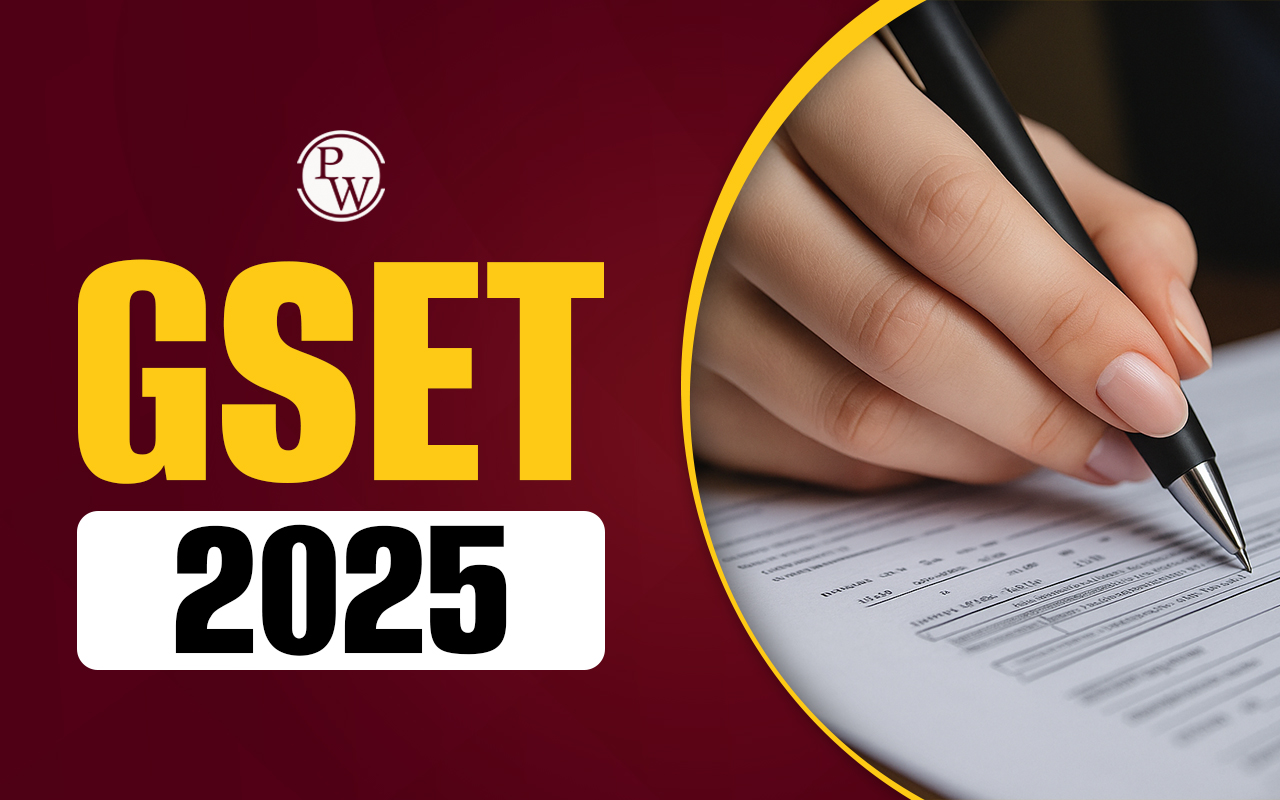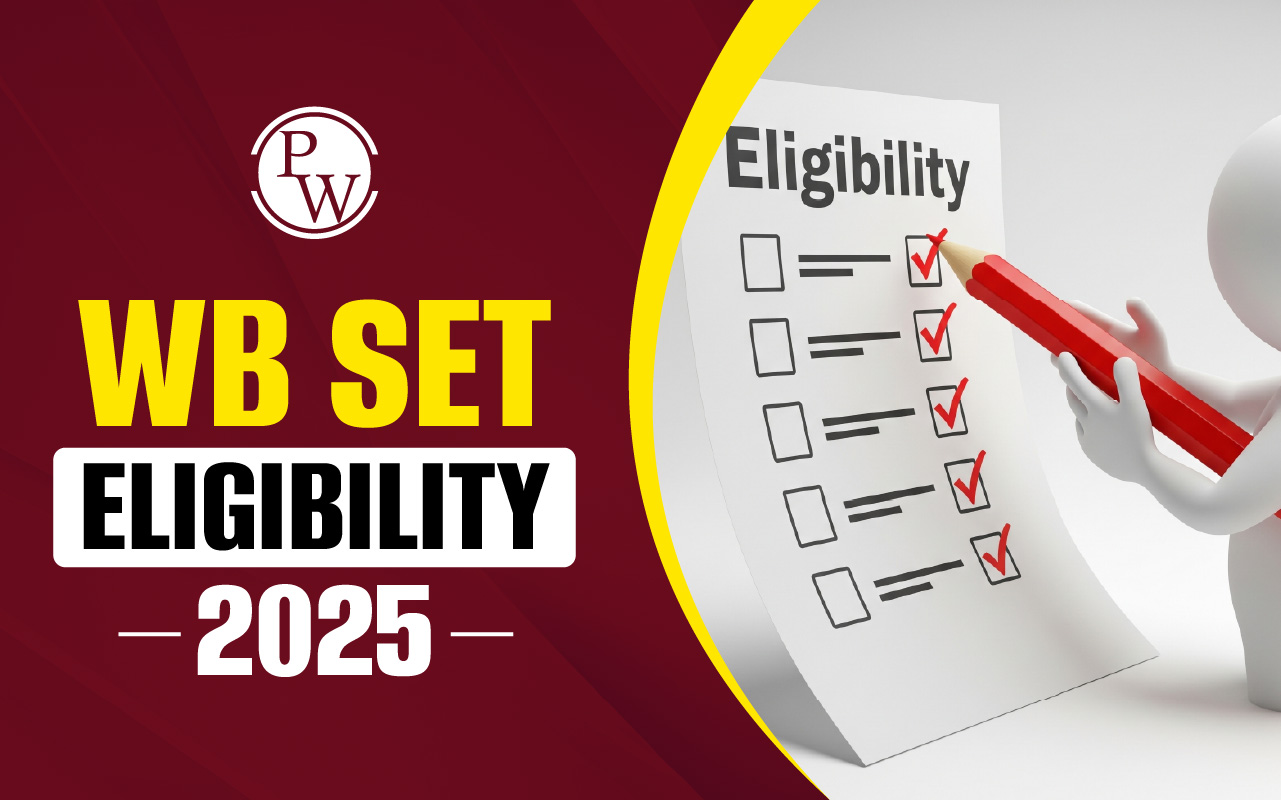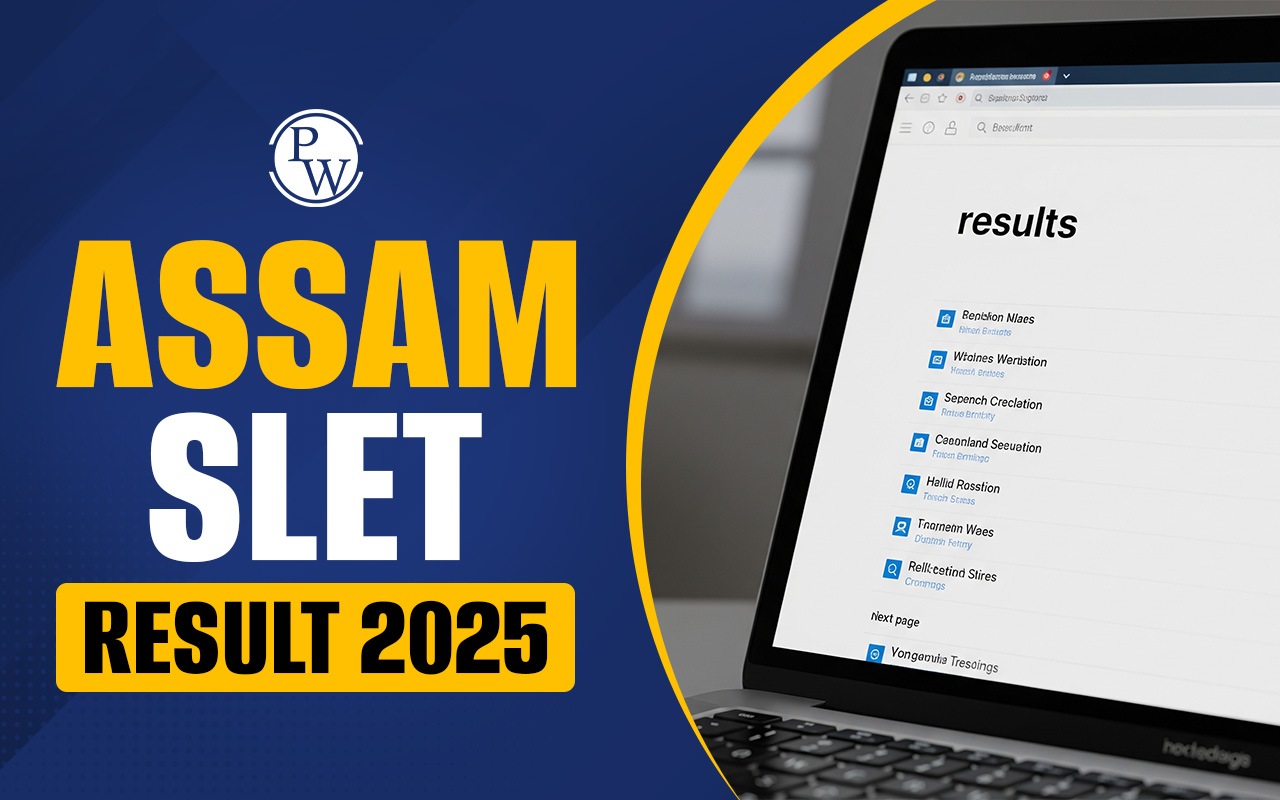UGC NET Geography Preparation: UGC NET Geography preparation requires a focused and organized approach. Start by breaking down the UGC NET Syllabus into smaller sections and studying them one by one. Make sure to take notes while studying to help you revise quickly. Practicing UGC NET Previous Year Question Papers and taking mock tests can help you understand the exam pattern and manage time better. Stay consistent and keep revising regularly to stay on track with your preparation.

UGC NET Geography 2025 Overview
UGC NET Geography 2025 is an important exam for those looking to pursue a career in teaching and research. Here's an overview of the exam details for UGC NET June 2025:
| UGC NET Geography 2025 Overview | |
|
Aspect |
Details |
|
Exam Name |
UGC NET Geography 2025 |
|
Conducting Body |
National Testing Agency (NTA) |
|
Exam Mode |
Computer-based Test (CBT) |
|
Exam Frequency |
Twice a year (June and December) |
|
Duration |
3 hours |
|
Number of Papers |
2 (Paper I and Paper II) |
|
Total Marks |
300 (Paper I - 100 marks, Paper II - 200 marks) |
|
Paper I (General Paper) |
Common for all candidates (Teaching and Research Aptitude) |
|
Paper II (Subject Paper) |
Geography |
|
Official website |
ugcnet.nta.ac.in |
UGC NET Geography Preparation
UGC NET Geography preparation requires a structured approach and consistent effort. By following a few simple strategies, you can manage your study sessions effectively and stay on track. Here are some helpful tips to guide you through your preparation:
-
Divide the Syllabus: The UGC NET Geography Syllabus is vast, so it's important to break it down into smaller sections. Divide it into topics based on their weightage and difficulty level. This will help you focus on each section step by step and avoid feeling overwhelmed.
-
Make Short Notes: While studying, make concise and clear notes. Writing down important points, formulas, definitions, and key concepts will help you revise faster and remember them better. These notes will be especially helpful during the last-minute revision.
-
Solve Previous Year Question Papers: Practicing UGC NET Geography Previous Year Question Papers are a great way to understand the exam pattern and the type of questions asked. It also helps you get a feel for the time management needed for the exam. Aim to solve at least 5-10 years of previous papers.
-
Take Mock Tests: Mock tests simulate the actual exam environment and help you assess your preparation. They also allow you to identify areas where you need more practice. Set a timer and try to complete the mock test within the given time frame to build exam discipline.
-
Stay Updated with Current Affairs: Geography is a subject that often involves current events and trends, especially related to the environment, climate change, and geography-related developments. Reading newspapers and magazines will help you stay updated.
-
Revise Regularly: Regular revision is key to retaining what you’ve studied. Create a weekly revision schedule and stick to it. Go through your notes and important concepts frequently to ensure they stay fresh in your memory.
-
Focus on Important Topics: Some topics in the syllabus have more weightage than others. Focus on topics like Physical Geography, Human Geography, and Environmental Geography, as these are often given more importance in the exam.
-
Stay Consistent: Consistency is the key to cracking the UGC NET Geography exam. Make a realistic study plan, and try to stick to it. Even on days when you feel less motivated, try to study a little, as consistency helps you stay on track.
-
Join UGC NET Online Coaching: Joining UGC NET Geography Online Coaching can offer you various perspectives and keep you motivated throughout your preparation. You can engage in discussions on challenging topics, access shared study materials, and learn from the dedicated faculty.
UGC NET Geography Preparation Tips FAQs
What is UGC NET Geography?
How can I prepare for UGC NET Geography?
How many papers are there in UGC NET Geography?
What topics should I focus on for UGC NET Geography?
How many marks are allotted to each paper in UGC NET Geography?














